Your cart is currently empty!
Tag: PestManagement
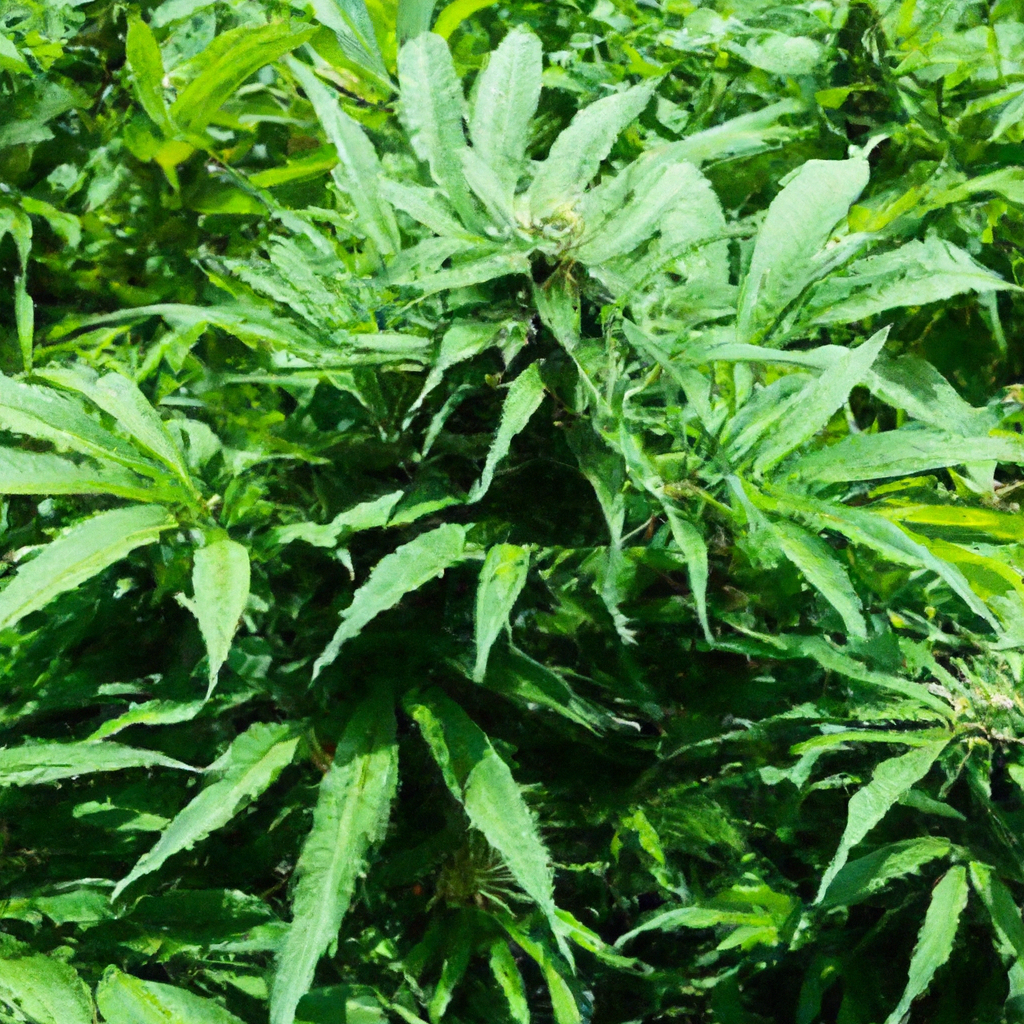
Discover the sustainable and high-quality benefits of organic cannabis cultivation. By leveraging natural processes, growers produce healthier cannabis while helping the environment. This article delves into best practices such as building a vibrant soil ecosystem with compost, cover crops, and crop rotation; using natural fertilizers like bone meal and fish emulsion; and implementing natural pest…
Growing cannabis outdoors leverages natural elements but has its challenges. This guide provides unique techniques for a bountiful harvest by optimizing soil microclimate through mulching, composting, and raised beds. Implement smart pest management with companion planting, natural predators, and neem oil. Improve watering with drip irrigation, timing, and rainwater harvesting. Adapt to seasonal shifts with…
Embracing an organic approach to cannabis cultivation not only benefits the environment but also ensures a superior product for consumers. This article outlines essential practices for achieving organic purity in cannabis cultivation, emphasizing the importance of healthy soil, natural fertilizers, and sustainable pest control methods. Key practices include composting, using beneficial microbes, and crop rotation…
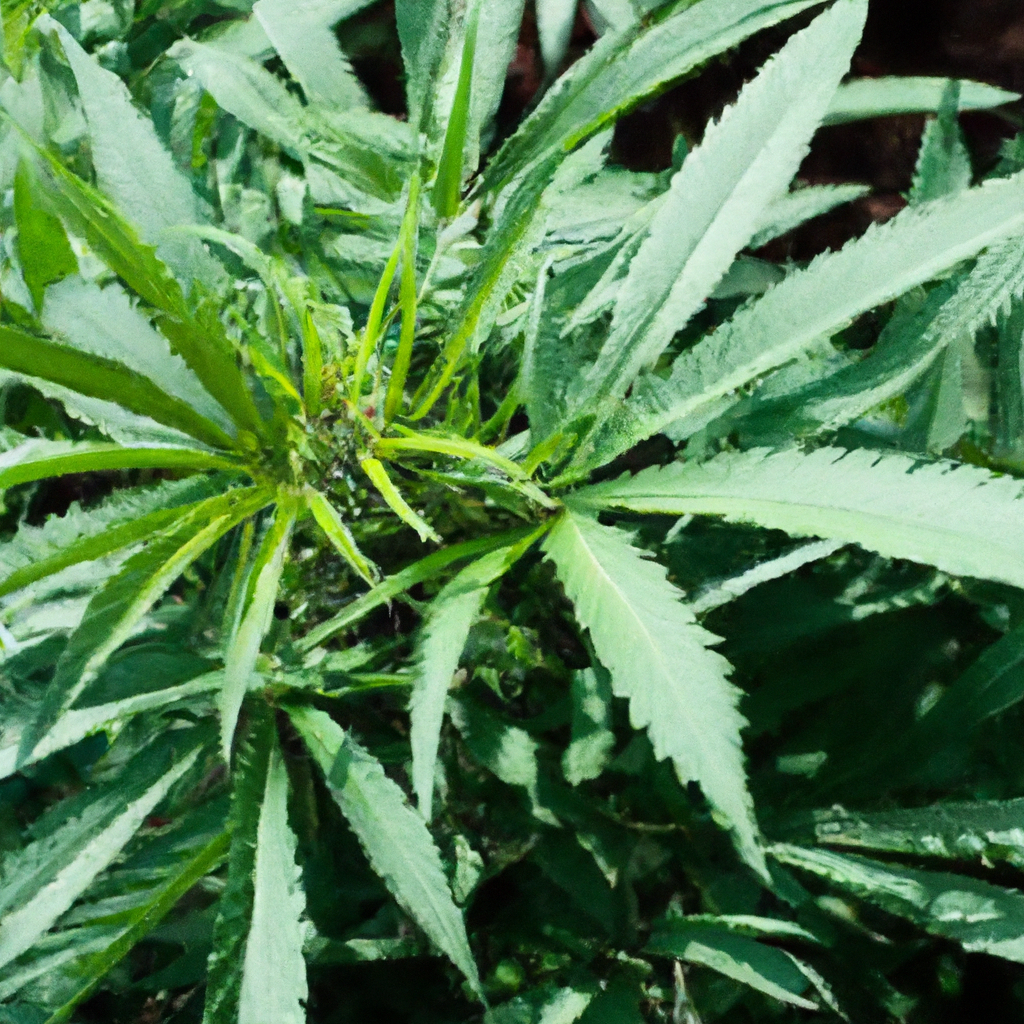
In an era of growing environmental awareness, organic cannabis cultivation offers a sustainable solution that benefits both growers and consumers. Emphasizing soil health, this approach uses compost and natural fertilizers like kelp and bone meal to create a balanced ecosystem. Natural pest control methods, such as companion planting and beneficial insects, replace harmful pesticides. The…
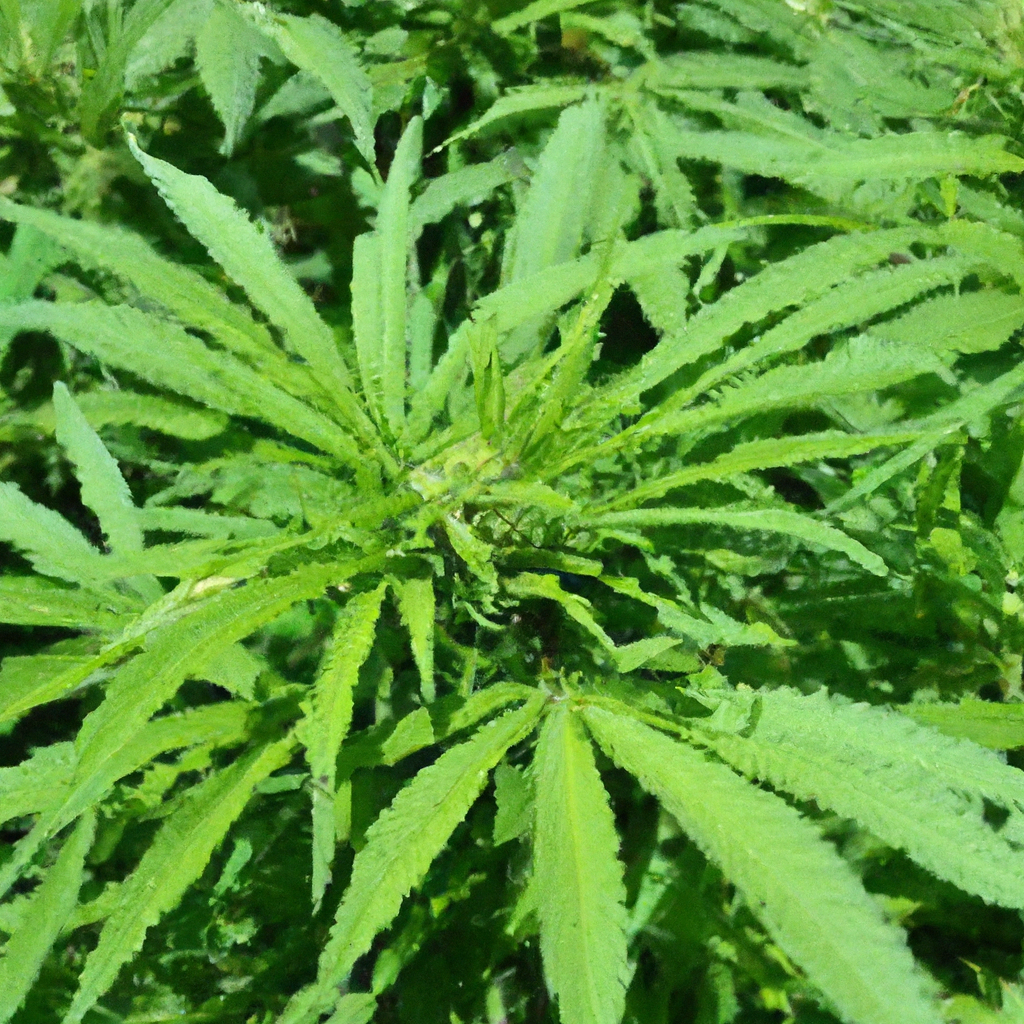
As the demand for cleaner cannabis products rises, organic cultivation methods are becoming increasingly popular among growers and consumers. This article highlights best practices for organic cannabis cultivation, emphasizing the importance of building rich soil ecosystems, using natural fertilizers like compost and fish emulsion, and implementing eco-friendly pest control methods such as companion planting and…
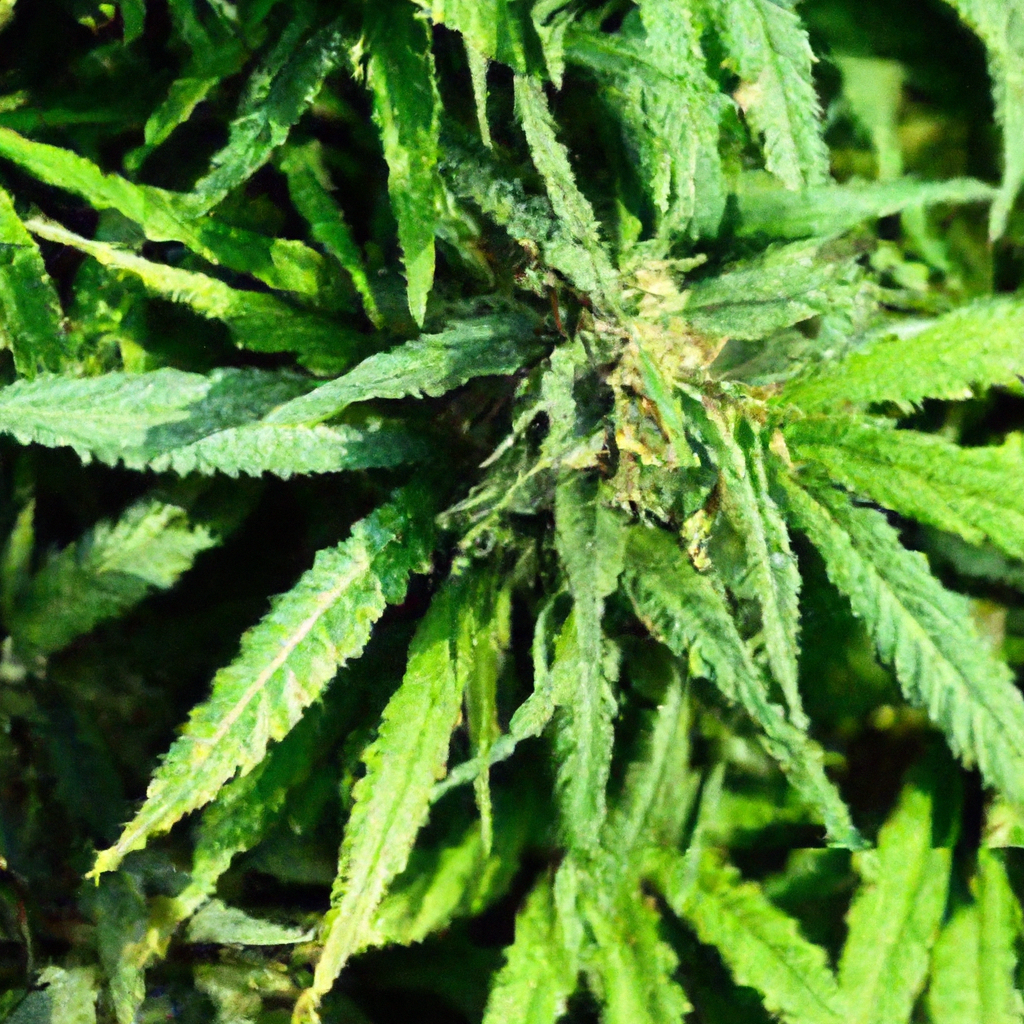
As cannabis culture grows, many cultivators are turning to organic methods for environmentally friendly, health-conscious products. Organic cannabis cultivation emphasizes creating a rich soil ecosystem with natural fertilizers, compost, and sustainable pest management techniques. Key practices include using compost and mulch, beneficial microbes, and crop rotation, alongside natural fertilizers like compost tea and fish emulsion.…
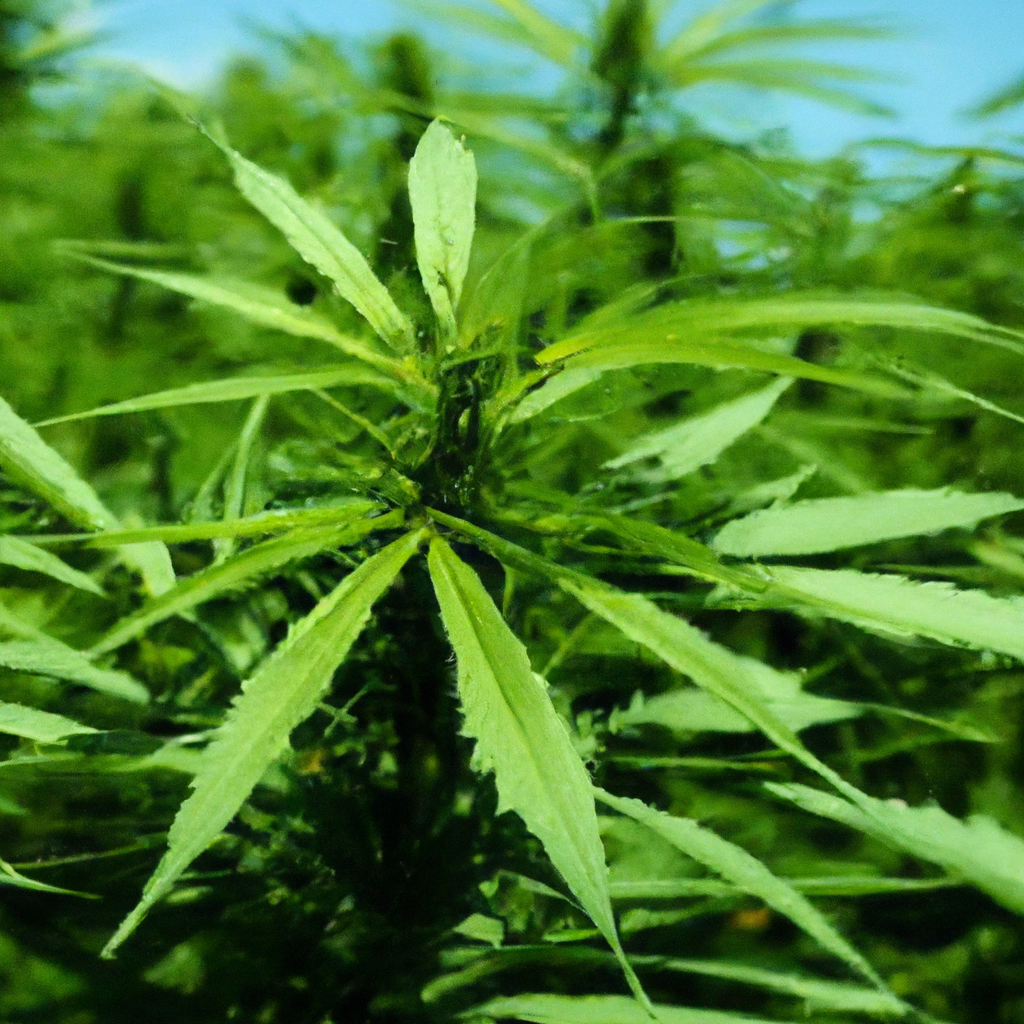
As the cannabis industry grows, many are turning to organic methods to produce eco-friendly and health-conscious products. Organic cannabis cultivation focuses on building healthy soil ecosystems through composting, crop rotation, and cover crops. It also uses natural fertilizers like fish emulsion and bone meal for plant nourishment and employs sustainable pest control methods, including beneficial…
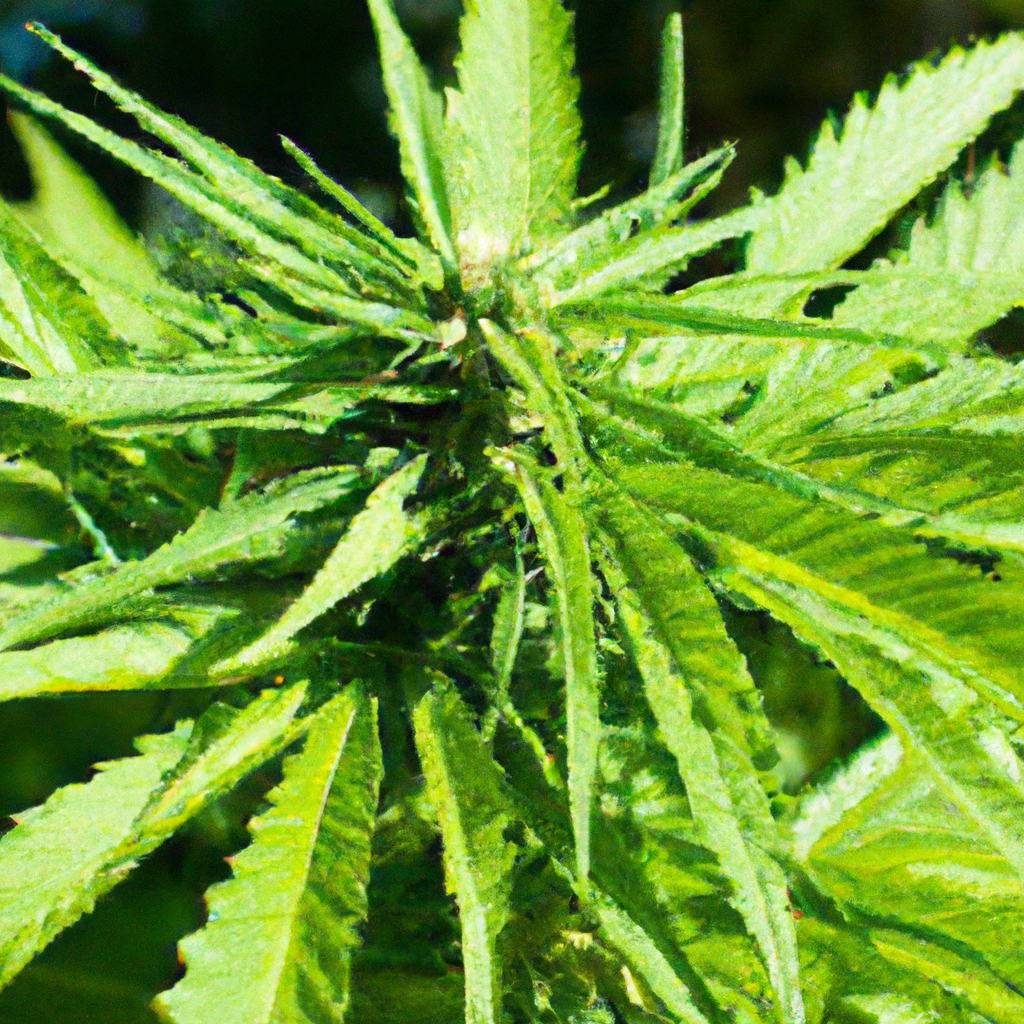
Growing cannabis outdoors allows cultivators to utilize natural resources for optimal yields, yet challenges like choosing the right location, maintaining soil health, and pest management must be addressed. Ensure your plants receive at least 6 hours of sunlight, have access to good air circulation, and are protected from harsh weather. Soil should be enriched, and…
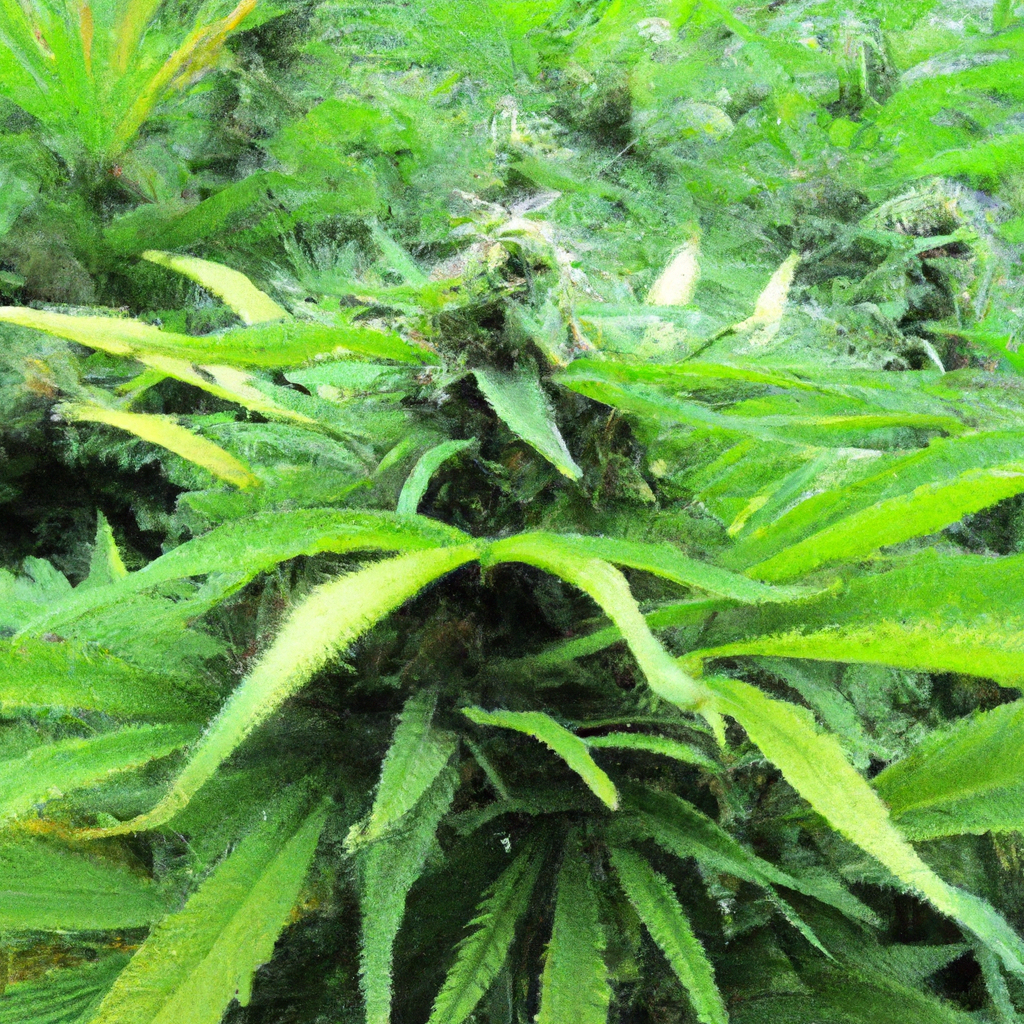
Understanding and implementing organic practices in cannabis cultivation are vital as demand grows. Essential practices include enriching soil with organic compost, using natural fertilizers like bone meal and fish emulsion, and controlling pests with methods such as neem oil and companion planting. These methods not only improve plant quality but also support environmental sustainability by…
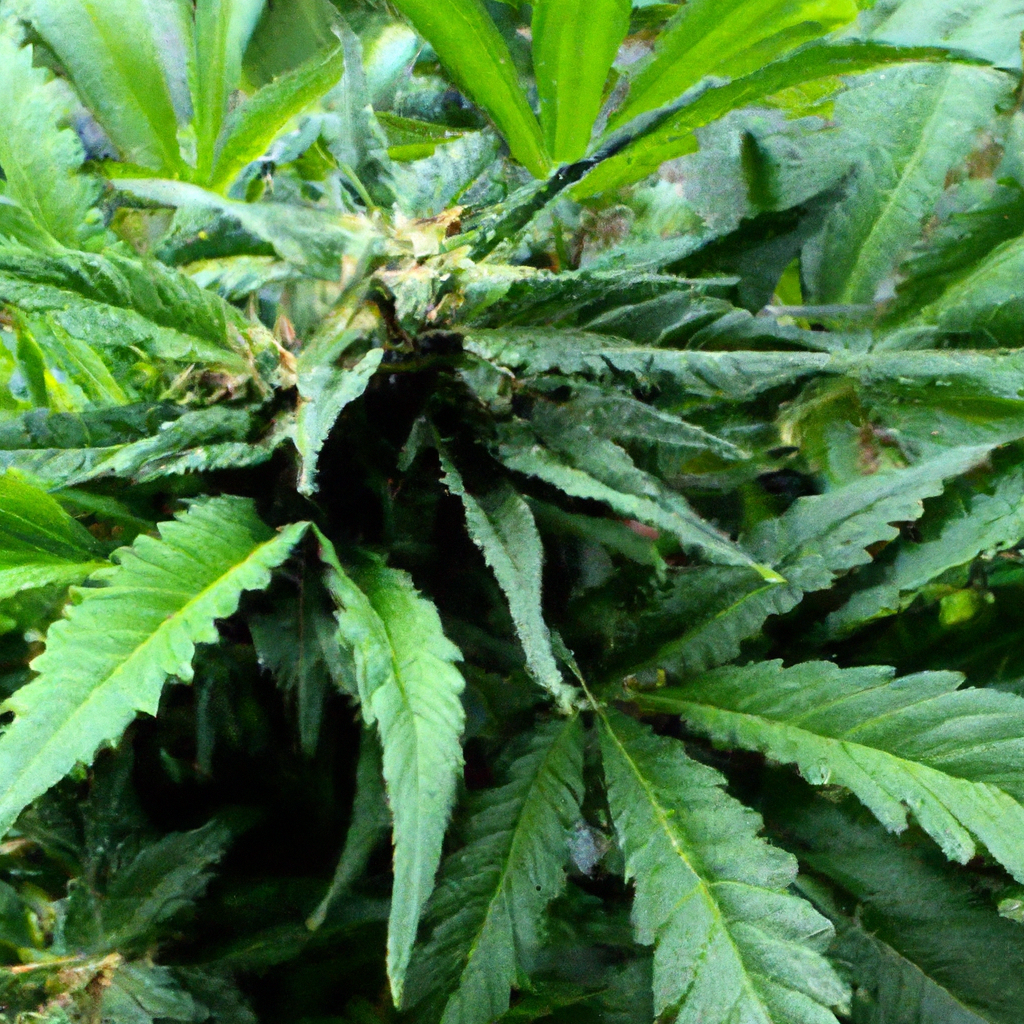
In an era prioritizing sustainability and health, organic cannabis cultivation emerges as a promising approach by utilizing natural fertilizers, compost, and eco-friendly pest control methods. The key to success lies in building a robust soil ecosystem with techniques like composting, crop rotation, and using cover crops. By avoiding synthetic chemicals, and opting for natural fertilizers…
